From the spread of the coronavirus to the collapse of the U.S. economy, there are a lot of reasons to prepare for the potential collapse of society and get in the habit of daily prepping tasks. The pandemic has led to a surge of Americans stocking up on survival gear, but you don’t want to be one of those people scrambling for products on back order in the event of a disaster.
To stay one step ahead, doomsday prepping shouldn’t be an occasional hobby. If you’re serious about declaring your independence from the everyday world, you need to prepare on a weekly, if not daily, basis. Falling behind on your doomsday prepping responsibilities, whether that is maintaining basic vehicle maintenance or skill building, it could leave you and your loved ones unprepared when the moment finally arrives.
Regardless of how or when you plan on going off the grid, it’s best to incorporate these habits into your daily routine.
#1 – Check in on Your Supplies
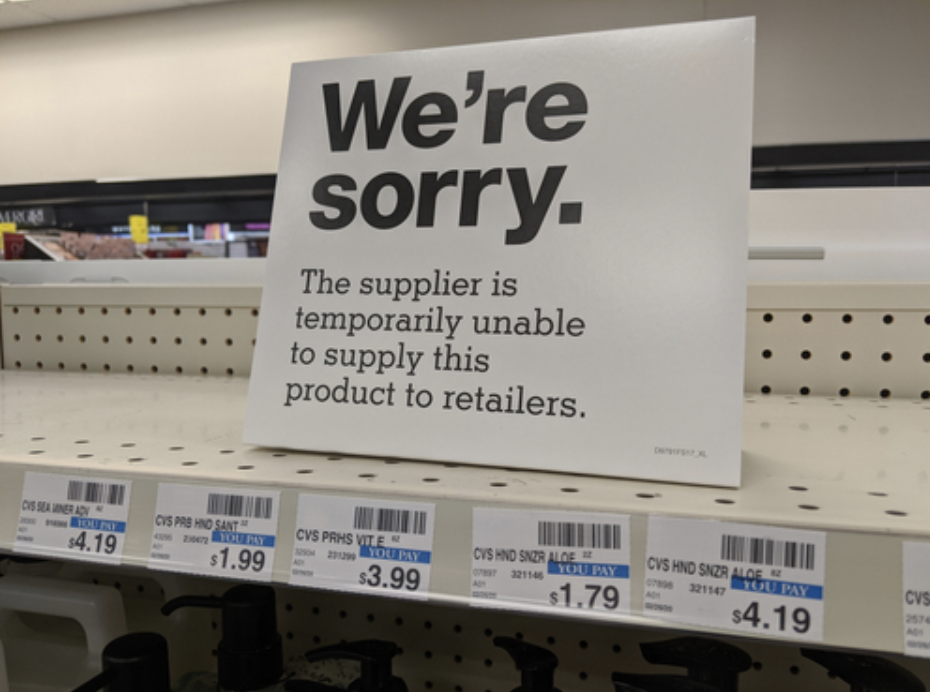
There are plenty of kits, tools and foods designed to keep you alive for years at a time when waiting out a potential disaster. Of all doomsday preppers, an estimated 38.24 percent of women and 34.39 percent of men spent up to $400 on survival kits in the past 12 months. That’s a lot of equipment to maintain.
If you don’t already have an itemized list of all your supplies, now is the time to create one. Get in the habit of regularly inspecting and maintaining your equipment and supplies. Keep a log of any expiration dates, such as those on canned food, medicine and first-aid supplies. Inspect items for physical damage. Watch out for leaks, cracks or sudden changes in temperature that may damage some of your supplies. Do your best to store these items in a dry, room-temperature location.
If something needs replacing, add it to your shopping list right away. Make sure you have plenty of essentials on hand to get you through the foreseeable future in case you can’t visit your local hardware or grocery store for months at a time.
#2 – Protect Your Vehicle and Equipment
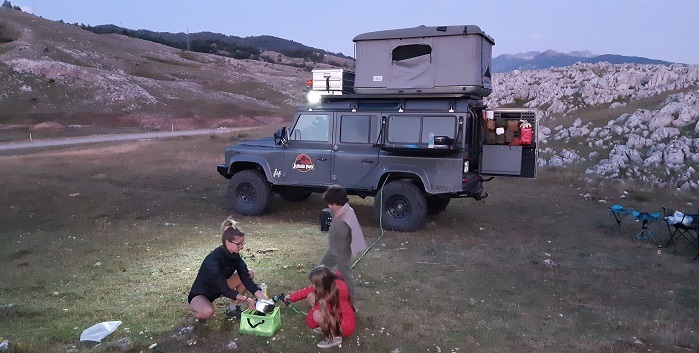
Aside from regular maintenance, the best thing you can do for your vehicle and equipment is to protect it. You should be able to get behind the wheel and hit the road at a moment’s notice in the event of a natural disaster. That means keeping up with common tasks, such as changing the oil, rotating the tires, keeping the tires inflated and taking your vehicle in for a tune-up once in a while.
When traveling long distances or in the middle of a major storm, go with all-terrain or mud-terrain tires to give your vehicle more traction and stability. Rain, moisture, dirt and other debris can lead to mold, rust and electrical damage. Use a truck bed liner when hauling equipment or supplies to safeguard the lining of your truck.
Protect the interior as well, considering your car could become your second home in the event of an emergency. Put down car floor mats to shield the upholstery from everyday stains and spills. You can quickly wash them off if they start to fill up with dirt. When disaster strikes, you should be able to depend on your car in more ways than one.
#3 – Increase Your Knowledge
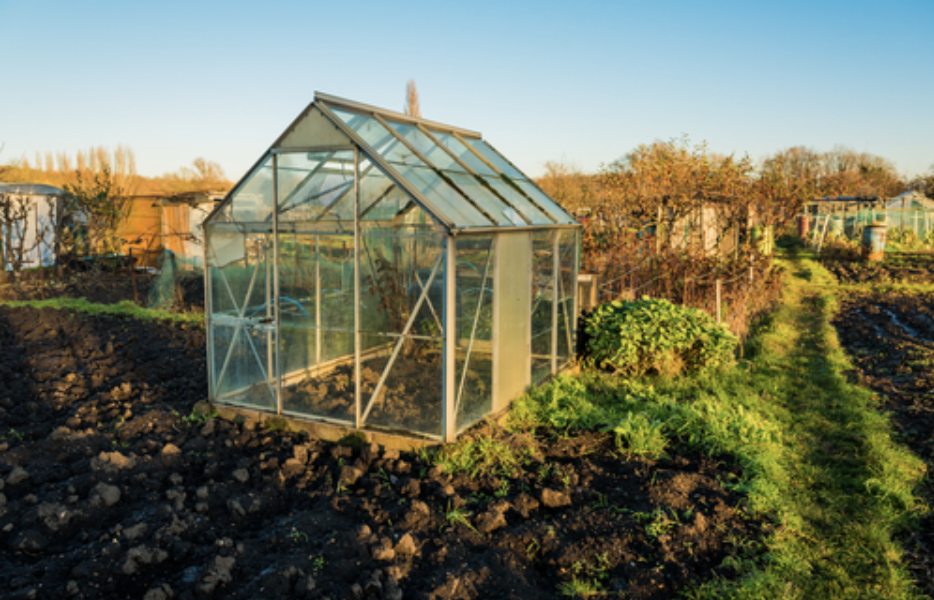
Getting ready for a potential emergency can mean lots of different things to lots of different people. When time is of the essence, you will be your own best resource. You will have to depend on your own skills and knowledge to survive whatever comes your way.
Most of us have a contingency plan in place or a list of emergency contacts at the helm in case anything goes awry. But that doesn’t mean your skillset should end there. One of the best ways to increase your prepping prowess is by reading prepper books specific to your needs.
Focus on growing your skills over time. Learn about new ways of living off the grid, such as growing your own food, new sources of sustainable electricity or what kinds of equipment will increase your chances of survival. Research and consider relocating to new areas that better suit your needs and those of your loved ones. Staying prepared means staying informed. Use your knowledge to stay ahead of the trends to make sure you’re on the right track.
#4 – Refresh Your Plans

From new technology to climate change and the spread of the infectious disease, the world is changing at lightning speed–and your contingency plans shouldn’t be set in stone.
Just like your knowledge and skill set, you should always be in the process of updating your plans as times change. Make sure your emergency contacts are up to date. If you plan on traveling to another location in times of crisis, double-check that this is still an option. Some facilities or residences may no longer be ideal for you and your family, especially in the age of the coronavirus.
You can also run through different test scenarios to make sure your plans are up to snuff. Go through the motions of responding to different types of emergencies and see how well you and your loved ones perform. Can you communicate in real-time? Who will make the important decisions? Which items are considered essential and which should you leave behind?
Some plans may look great on paper, but you may think twice once the experiment is over.
#5 – Maintain Your Health
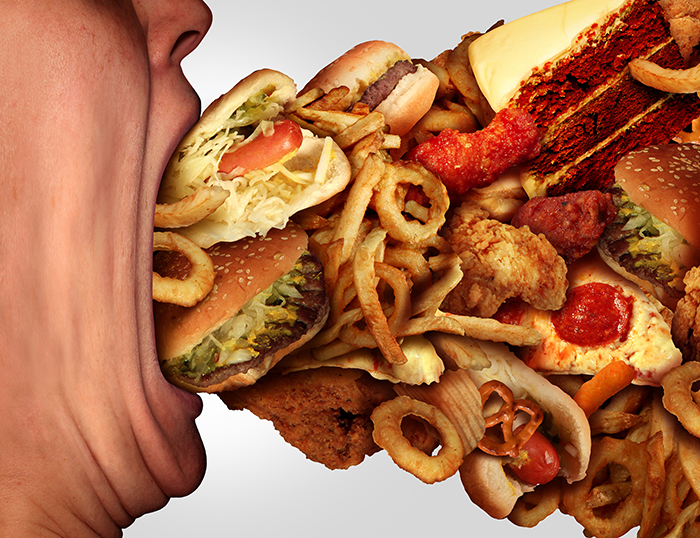
You can’t survive doomsday if you neglect your health. Hopefully, your first-aid kit is up to date, but you may need more than a few bandages and some ibuprofen in the event of an emergency. You don’t need to exercise like a Navy SEAL, but you should be mindful of your overall health.
Eat a balanced diet, get plenty of exercise and avoid unhealthy–or even potentially dangerous–activities that will slow you down when the time comes. Learn how to use different equipment to better monitor your health. Consider how you and your family will fare when living off the grid or sheltering in place for months on end. You should be able to thrive, not just survive. Look for ways to take care of yourself and your loved ones–even if the rest of the world is caving in on itself.
#6 – Target Practice

Maybe you won’t be able to hit the range everyday to do live fire training, but there are certainly plenty of ways to practice firearm techniques everyday. Consider dry fire training, there are some great laser systems that allow for accuracy, even without live rounds. You could also practice drawing from your concealed carry holster.
Something else you might consider practicing is stress testing your holsters. This would entail jumping up and down, rolling around, sitting, kneeling, and so on. See how your holster feels and acts in a variety of different situations.
#7 – Mental Wellness
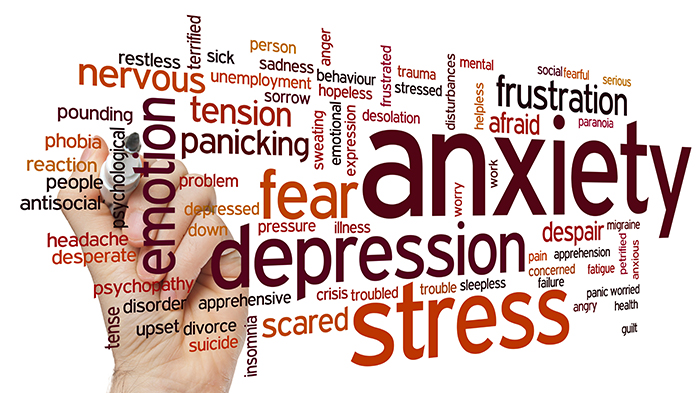
While physical health is important, so is our mental health. Maintain your stress levels by practicing tactical breathing techniques (breathe in for 4 seconds, breathe out for 4 seconds, repeat). Do something just for YOU, even if it’s only for a few moments. It doesn’t have to be preparedness related, sometimes focusing our attentions on other things will in fact encourage us to push forward in other areas.
Watch a funny YouTube video, bake some bread, tinker with a home maintenance project, listen to a podcast or maybe binge on your favorite TV show.
Meditation is also an effective way to recenter ourselves. For just 5-10 minutes a day, sit down and focus on nothing else but your breathing. You can even download an app to your phone to help guide you through the meditation.
#8 – Gather Intel
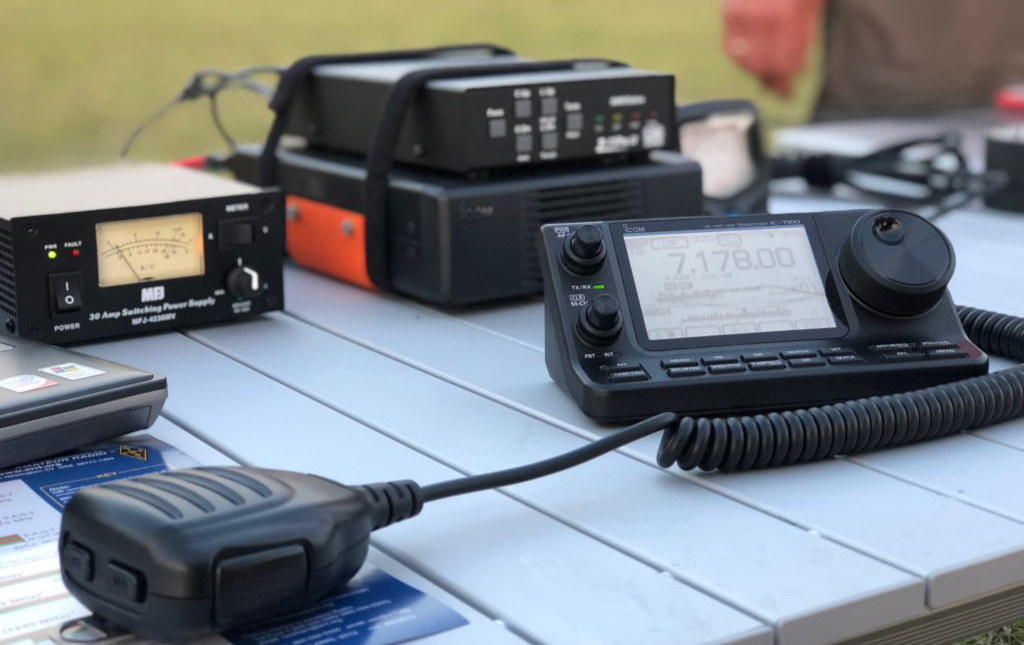
Everyday we should be gathering information through a variety of sources. One of the most popular sources to gather information from is through social media. I will warn you though, social media has been known to invoke emotions without much facts behind them and/or simply spread false information all-together.
However, find a few trusted sources on social media, such as close friends or reliable news sources. Of course, ‘reliable’ is subjective. I would highly recommend gathering intel from a variety of sources, not your favorite sources.
Word of mouth and ham radio are also proven ways to access reliable intel.
No matter where you get your intel, do your due diligence and fact check everything.
#9 – Situational Awareness

Situational awareness is a skill that should certainly be practiced daily. Look at what’s going on around you. Listen at the hustle and bustle, or even the complete silence. Take note of how people act, what they wear, how they walk. Notice street signs, stickers on buildings and vehicle and so on.
Whenever you’re out and about, stay off your phone and pay attention to what’s going on around you. One of the greatest ways to hone our situational awareness is by people watching. Take a seat at the park or just in your vehicle and observe everything going on.
In general, be aware of what’s going on around you, take note of any anomalies and pay attention to any potential exits.
#10 – Sleep
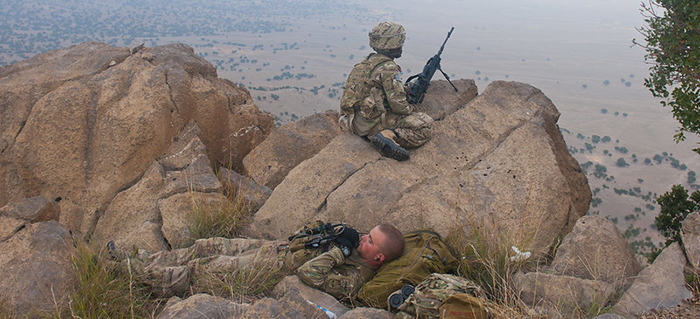
This may sound funny as a ‘daily task to stay SHTF ready,’ but so many people neglect sleep. By neglecting sleep, you’re neglecting the chance for your mind and body to recharge. Lack of sleep effects every part of your mind and body. It’ll effect your mood and more specifically, make you extremely cranky. It could effect your weight as you may be reaching for more ‘comfort’ foods.
In general, lack of sleep has negative effects on your entire being. The longer you lack sleep, the more you’ll deteriorate. And I hate to break this to you, but unfortunately, at a certain point, caffeine has little to no effect.
Make prepping a daily exercise with these helpful tips. The more you know, the better off you’ll be.
by Morgan Rogue, contributing writer
What are your daily prepping habits?
2 comments
When I initially commented I appear to have clicked on the -Notify me when new comments are added- checkbox and from now on whenever a comment is added I get 4 emails with the exact same comment. There has to be a way you can remove me from that service? Appreciate it!
Strange. Sorry that’s happening. There should be an “unsubscribe” or similar link in the footer of the emails you get. If that doesn’t work, please forward the email to me at the email address on the Contact page of the site. I’ll investigate that way.